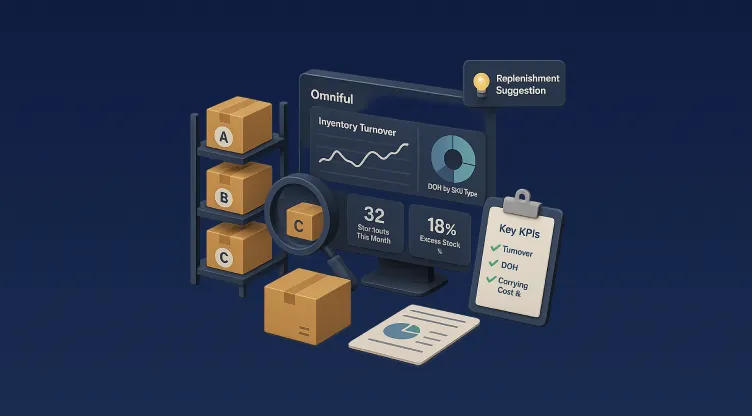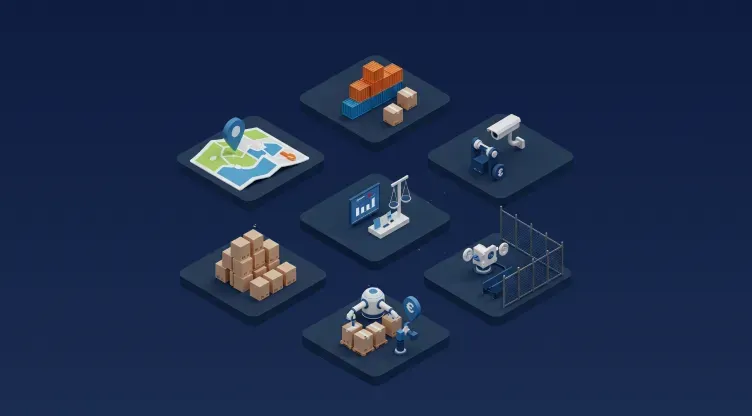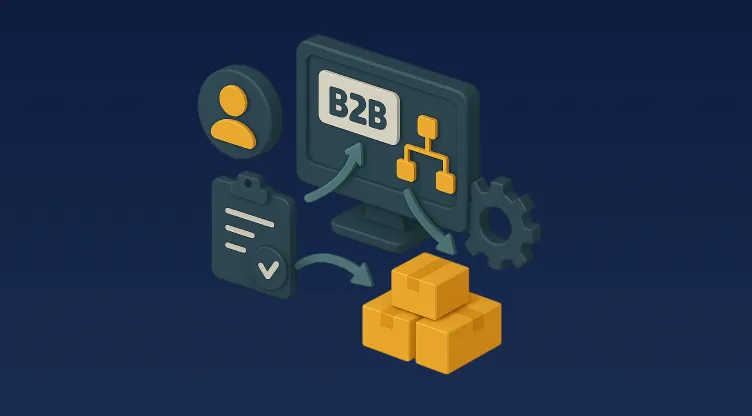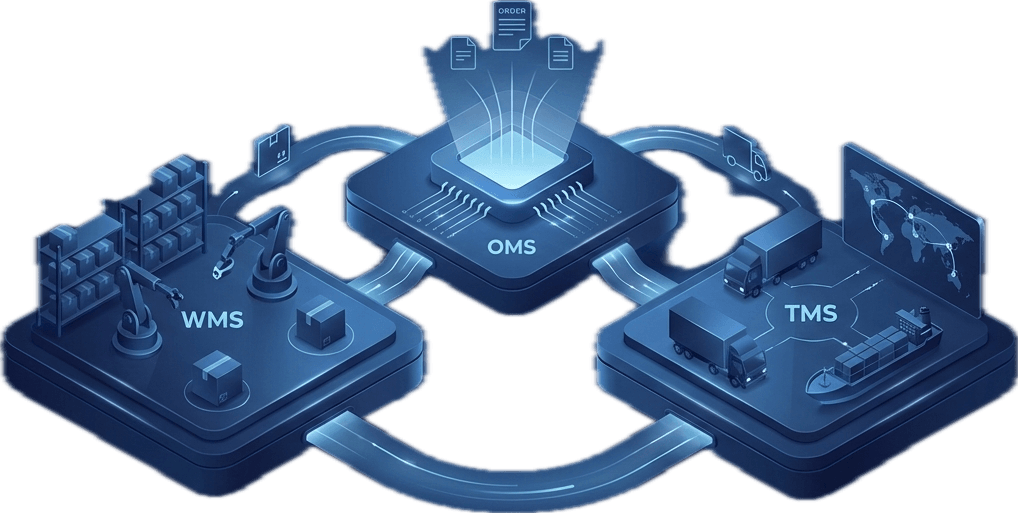Preparing POS Systems for the Seasonal Rush: Smart Upgrades for Smooth Checkouts

Table of Contents
Holiday Prep Playbook – Your Retail Survival Snapshot
- Invest in extra point-of-sale machines to handle peak traffic
- Give seasonal staff hands-on training for fast, error-free transactions
- Avoid checkout bottlenecks by upgrading system workflows and terminal placement
- Rely on cloud-based POS systems for scalability and multi-location readiness
- Integrate real-time data syncing with inventory and payment systems
- Automate tax, invoice, and payment operations for speed and accuracy
- Ensure region-specific compliance such as ZATCA invoicing for Saudi retail operations
Introduction: Why Seasonal Chaos Starts at Checkout
Every year, seasonal peaks test the limits of retail operations. In the MENA region, busy periods such as Ramadan, Eid, White Friday, and back-to-school sales create intense spikes in foot traffic. While marketing campaigns may succeed in drawing customers in, it’s often the checkout counter that determines whether those customers leave happy—or frustrated.
In this high-stakes environment, your POS machine isn't just a tool—it's your frontline warrior. A sluggish terminal or untrained cashier can lead to long queues, walkouts, and lost sales. That’s why preparing your point-of-sale system is one of the most effective ways to ensure business continuity during busy periods.
What Is a POS System—and Why It Matters More During Peak Seasons
The term POS, short for point-of-sale, might sound technical, but it simply refers to the system that finalises the sale. Traditionally, it was a cash register. Today, it’s an integrated ecosystem that connects with inventory, payment gateways, customer data, and reporting dashboards.
A modern POS machine doesn’t just tally prices—it tracks stock in real-time, applies taxes, accepts multiple payment types, and communicates with warehouse and delivery systems. In the MENA region, where retail operations are rapidly digitising, an outdated or fragmented POS system becomes a liability during busy sales periods.
Common Pitfalls of Unprepared POS Systems During Rush Hours
Seasonal peaks can easily overwhelm even the most experienced retail teams. Here's where the pressure builds:
Inadequate Checkout Stations
Having just one or two counters during high-footfall events slows down customer processing. Long queues often lead to cart abandonment, especially when alternative stores offer faster service.
Undertrained Seasonal Workers
Seasonal staff are a necessity, but they also come with a learning curve. Without proper onboarding, even the most advanced POS system can become cumbersome and prone to errors.
System Downtime and Lag
Many retailers rely on locally hosted or outdated software that struggles to cope with heavy usage. Any lag at the checkout can ripple through your entire store.
Lack of Real-Time Inventory Visibility
When the POS system doesn’t sync with your inventory in real-time, it risks overselling items or delaying replenishments—both of which frustrate customers and harm your brand.
The Fix: How to Prepare Your POS System for Seasonal Success
To stay ahead of seasonal rushes, you need a POS strategy that balances speed, accuracy, and flexibility.
Expand Your Terminal Footprint
Don’t wait until you see queues snaking out the door. Retailers should:
- Add more POS terminals to reduce wait times during rush hours
- Deploy portable or tablet-based systems for queue busting
- Use web-enabled systems that can run on any smart device, not just dedicated hardware
Omniful’s POS solution supports lightweight Android devices and responsive web interfaces—ideal for dynamic retail setups in malls, markets, or pop-up shops.
Empower Your Team with Better Training
Seasonal staff should never be left to ‘figure it out’. Instead, implement:
- Quick-start guides and videos built into your POS interface
- Role-based user dashboards that simplify actions for junior staff
- Practice simulations to help staff familiarise themselves with tasks like refunds, item scans, or multi-method payments
This preparation reduces bottlenecks and makes each team member more confident and effective.
Optimise Checkout Workflows to Eliminate Delays
Use features designed specifically to manage busy periods:
- Pause and resume sales: Temporarily hold a transaction if a customer steps away, freeing up the terminal for the next in line
- Multi-payment options: Let customers split bills between cash, card, digital wallets, and loyalty points
- Automatic invoice printing: Speed up receipt generation with pre-configured templates, especially for ZATCA compliance in Saudi Arabia
These small adjustments significantly boost checkout speed without compromising on accuracy or customer service.
Integrate Inventory and POS for Real-Time Clarity
Disjointed systems lead to sales confusion. Your POS should:
- Sync with inventory platforms to track real-time stock levels
- Trigger alerts when items run low, enabling faster replenishment
- Update across all sales channels, including eCommerce platforms like Shopify, Zid, or Salla
Omniful’s system offers live synchronisation between its POS and WMS, so your teams are always aligned—online or in-store.
Plan for Flexibility and Scale
Even after the rush, your upgrades shouldn’t go to waste. Look for:
- Modular POS setups that grow with your business
- Cloud-native systems that don’t rely on costly in-store servers
- Multi-location support to control sales, stock, and teams from one dashboard
This is crucial for regional brands operating across MENA, where decentralised operations in cities like Riyadh, Dubai, and Cairo require scalable tech.
Regional Retail Considerations: MENA Market Nuances
In Saudi Arabia
- All POS systems must issue e-invoices aligned with ZATCA requirements.
- The system should support Arabic-English interfaces for bilingual service.
- Ramadan and Eid are intense retail periods—flexible systems are non-negotiable.
In the UAE
- With tourist-driven shopping seasons, POS systems should support international currencies and tax configurations.
- Popular events like Dubai Shopping Festival (DSF) can double sales volume in days—scalability is key.
In Egypt and Levant
- Mobile POS units are gaining traction in areas with limited infrastructure.
- Cash remains dominant in many areas—multi-payment flexibility is essential.
Analytics and Decision-Making from POS Data
Modern POS systems collect valuable insights, such as:
- Sales performance by time and team member
- Top-selling products during seasonal windows
- Average checkout time and bottleneck alerts
- Customer buying patterns and preferences
With Omniful, these analytics are visualised in real-time dashboards, enabling smarter staffing and product placement decisions—well beyond the checkout counter.
Seamless Integration with Logistics and Sales Channels
POS isn’t just about what happens at the counter. It also influences:
- Order fulfillment through WMS integration
- Returns management, ensuring smoother refunds or exchanges
- Delivery tracking, especially for BOPIS (Buy Online, Pick Up In-Store)
Omniful’s modular platform allows retailers to plug their POS into OMS, TMS, and returns modules—creating a truly omnichannel-ready operation.
Security, Permissions, and Compliance
Especially during high-volume events, data security and user access controls matter. POS systems should include:
- Tiered user roles, to prevent unauthorised access to sensitive settings
- Login tracking, to monitor who accessed what, and when
- Tax compliance settings, specific to local legislation (e.g., GCC VAT or Saudi ZATCA)
Omniful’s POS supports unlimited user roles and hub-level access—making it a secure choice for large teams and franchise operations.
Final Words: POS Is Your Retail Anchor—Strengthen It Before the Storm
In MENA’s fast-growing retail landscape, seasonal surges offer unparalleled opportunities—if you’re prepared. While much effort goes into promotions and inventory stocking, the unsung hero is often the humble POS system.
By investing in POS upgrades, training your team, and streamlining your workflows, you not only survive the seasonal rush—you turn it into your competitive edge.
Frequently Asked Questions
What’s the difference between POS and a cash register?
A cash register is limited to calculating totals and issuing receipts. A POS system does that and more—tracking inventory, processing multiple payment methods, and even syncing with online sales.
Can seasonal staff learn to use a POS quickly?
Yes. With user-friendly dashboards and training materials, temporary staff can get up to speed in just a few hours.
Do POS machines work with eCommerce platforms?
Modern POS systems like Omniful’s sync with Shopify, WooCommerce, and more, allowing unified inventory and sales tracking across channels.
How many POS terminals should I have during peak periods?
It depends on your foot traffic, but as a rule, aim for one POS machine per 50–70 expected customers per hour during peak times.
Is ZATCA compliance built into most POS systems?
Not always. In Saudi Arabia, choose systems explicitly designed to comply with ZATCA’s e-invoicing requirements.























